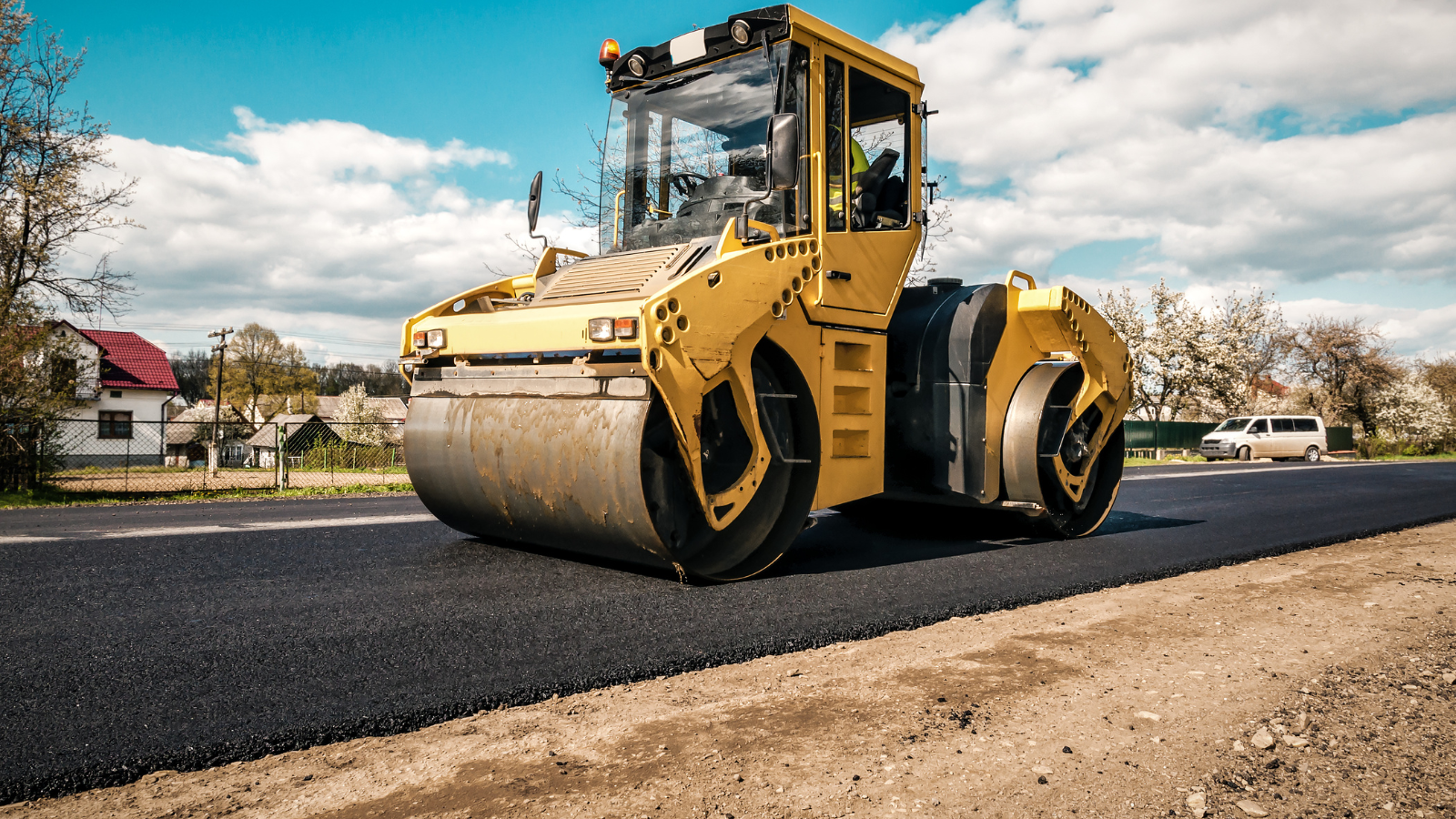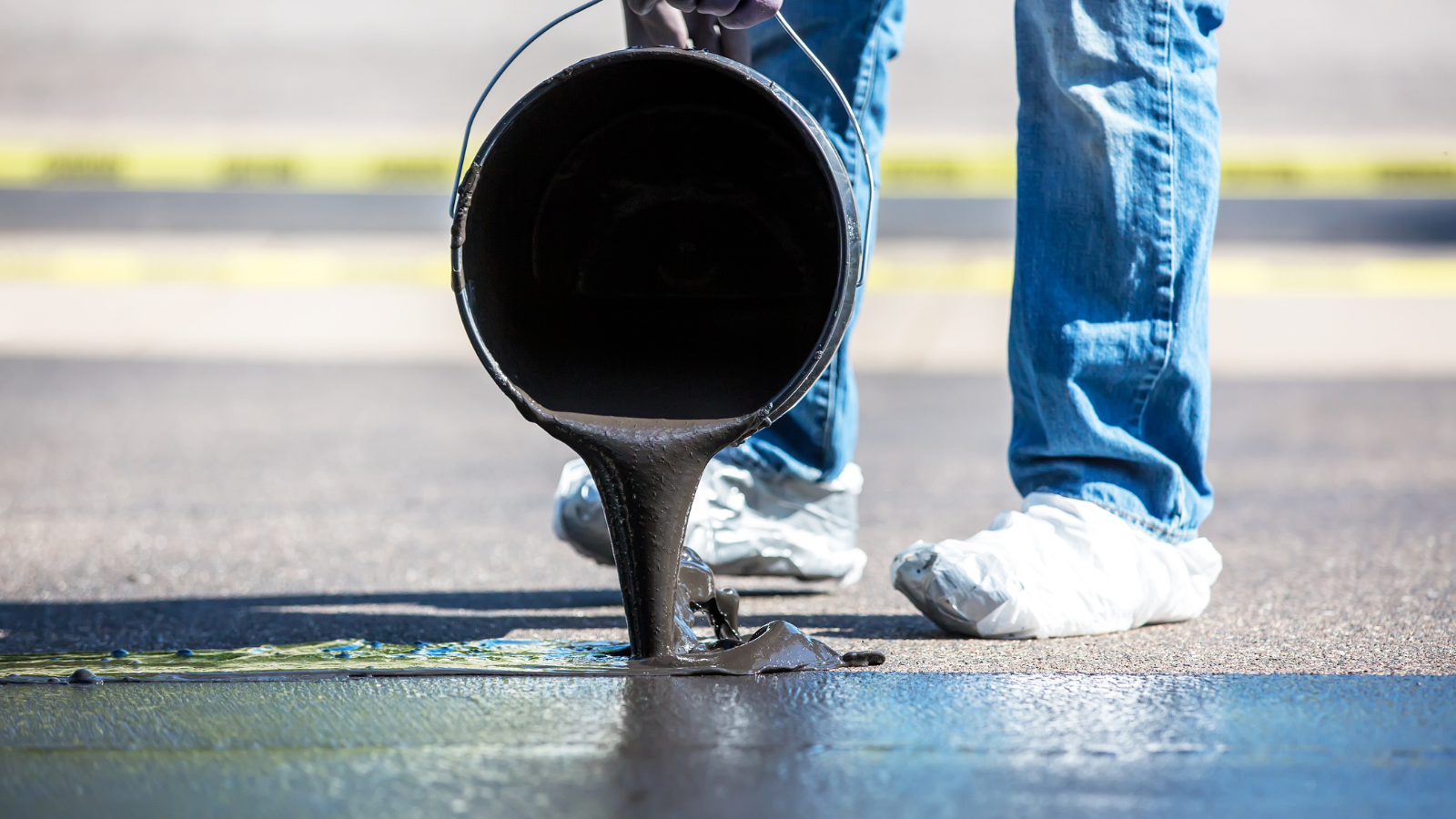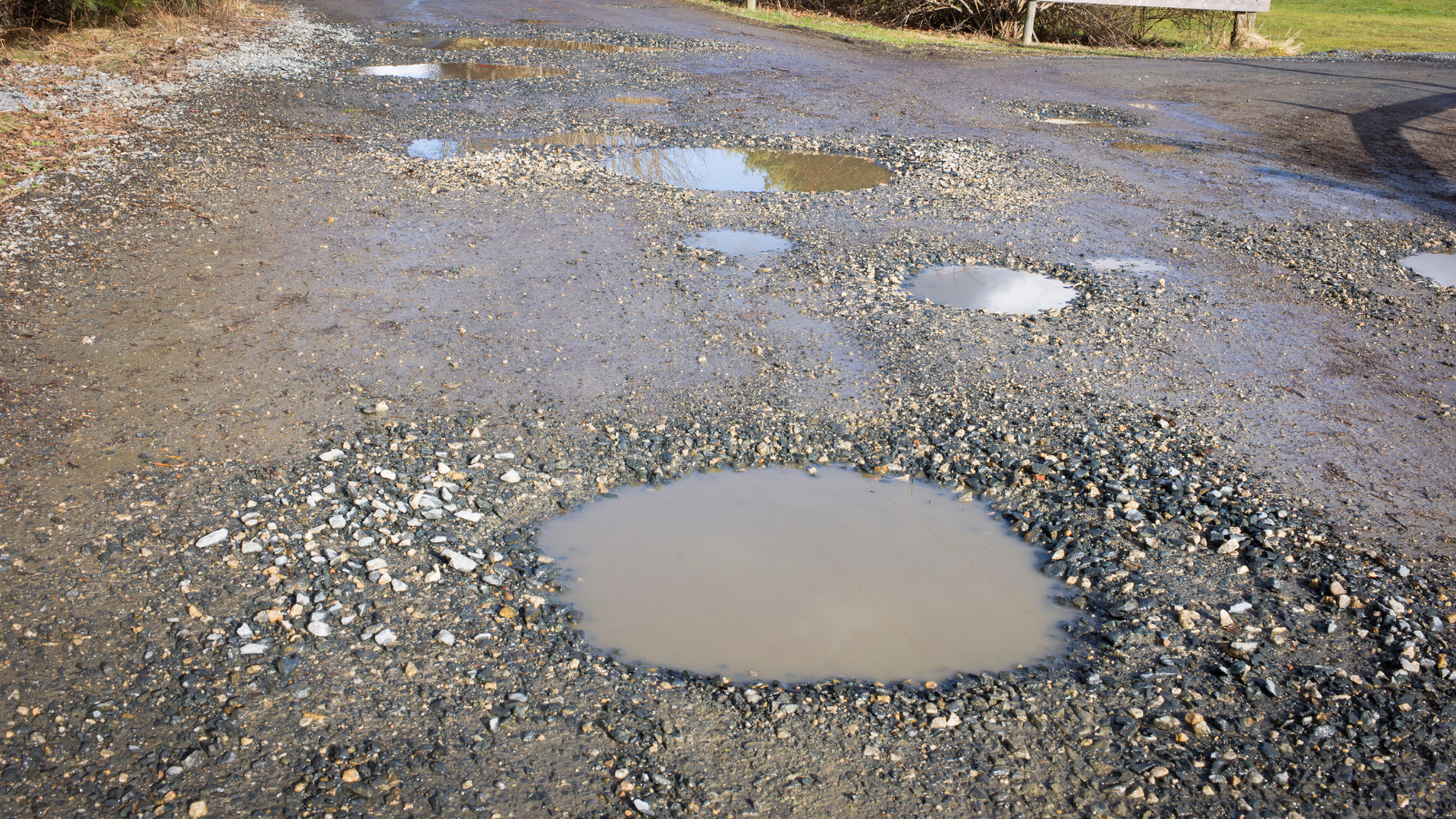In construction and infrastructure, advancements go beyond tall buildings and cutting-edge architecture. Pavement technology is also evolving rapidly, driven by the need for sustainability, better performance, and cost-efficiency. As we move into 2024, exploring the new technologies and trends that create more resilient and eco-friendly roads is crucial.
Selecting the best company for pavement maintenance can be difficult. Elizabeth Paving, the top expert in asphalt repair and resurfacing, can rejuvenate your asphalt parking lot, road, sidewalk, or other paved areas. For fast and cost-effective service, reach out to Elizabeth Paving in New Jersey if your pavement needs attention this spring.
New Technologies in Pavement
The pavement industry is witnessing remarkable advancements, incorporating cutting-edge technology to enhance the durability and functionality of our roadways. Some of the new technologies in pavement include:
1. Warm-Mix Asphalt (WMA)
Warm-mix asphalt is a revolutionary technology that allows lower temperatures for asphalte production and installation of asphalt than traditional hot-mix. As a result, there is a decrease in production-related energy consumption and greenhouse gas emissions. WMA also extends the paving season, as it can be used in cooler temperatures, providing greater flexibility in project timelines.
2. Porous Pavements
Porous pavements allow water to permeate through the surface, reducing runoff and promoting natural groundwater recharge. This innovative pavement type is particularly beneficial in urban areas with challenging stormwater management. Porous pavements help mitigate flooding, improving water quality and reducing the heat island effect.
3. Smart Infrastructure Systems
Intelligent infrastructure systems are transforming the way we manage and maintain our roadways. These systems utilize sensors and IoT (Internet of Things) technology to monitor pavement conditions in real time. By collecting data on traffic loads, temperature, and moisture levels, intelligent infrastructure systems enable proactive maintenance, increasing the life of and minimizing the need for expensive repairs of pavements.
New Innovations in Asphalt
Asphalt, a primary material in road construction, is also undergoing significant innovations to enhance its performance and sustainability.
1. Recycled Asphalt Pavement (RAP)
Recycled asphalt pavement involves reusing old asphalt materials in new pavement projects. This innovation reduces the demand for virgin materials, minimizes waste, and lowers production costs. RAP is a sustainable solution that contributes to the construction industry’s circular economy.
2. Bio-Asphalt
Bio-asphalt is an eco-friendly alternative to traditional petroleum-based Asphalt. It is made from renewable resources such as plant oils and other organic materials. Bio-asphalt reduces the carbon footprint of road construction and offers comparable performance to conventional Asphalt, making it a promising innovation for sustainable infrastructure.
3. Self-Healing Asphalt
Self-healing Asphalt is an emerging technology that incorporates materials capable of autonomously repairing cracks and minor damages. This innovative Asphalt can extend the service life of pavements, reduce maintenance costs, and improve safety by maintaining smoother surfaces for extended periods.
7 Benefits of New Technologies in Pavement
The adoption of new technologies in pavement offers numerous benefits, including:
1. Enhanced Durability: Advanced materials and intelligent systems improve the lifespan of pavements, reducing the frequency of repairs and replacements.
2. Environmental Sustainability: Innovations like warm-mix asphalt and bio-asphalt reduce greenhouse gas emissions and reliance on non-renewable resources.
3. Cost-Effectiveness: Technologies like recycled asphalt pavement and intelligent infrastructure systems lower production and maintenance costs, offering significant savings over time.
4. Improved Safety: Smoother, self-healing pavements enhance road safety by reducing the likelihood of accidents brought by potholes and cracks.
5. Better Water Management: Porous pavements and bio-asphalt improve stormwater management, mitigating flooding risks and promoting groundwater recharge.
6. Extended Paving Season: Warm-mix asphalt allows for paving in cooler temperatures, providing greater flexibility in construction schedules.
7. Reduced Urban Heat Island Effect: Porous pavements and other innovative materials help lower surface temperatures, contributing to more relaxed urban environments.
Conclusion
The pavement technology trends for 2024 focus on being eco-friendly, working better, and saving money. New ideas like warm-mix asphalt, porous pavements, and intelligent systems are leading to greener and stronger roads. As these technologies improve, they promise to make our streets more innovative, sustainable, and longer-lasting. Following these trends will improve our roads and establish a more sustainable and effective transportation system for future generations.







